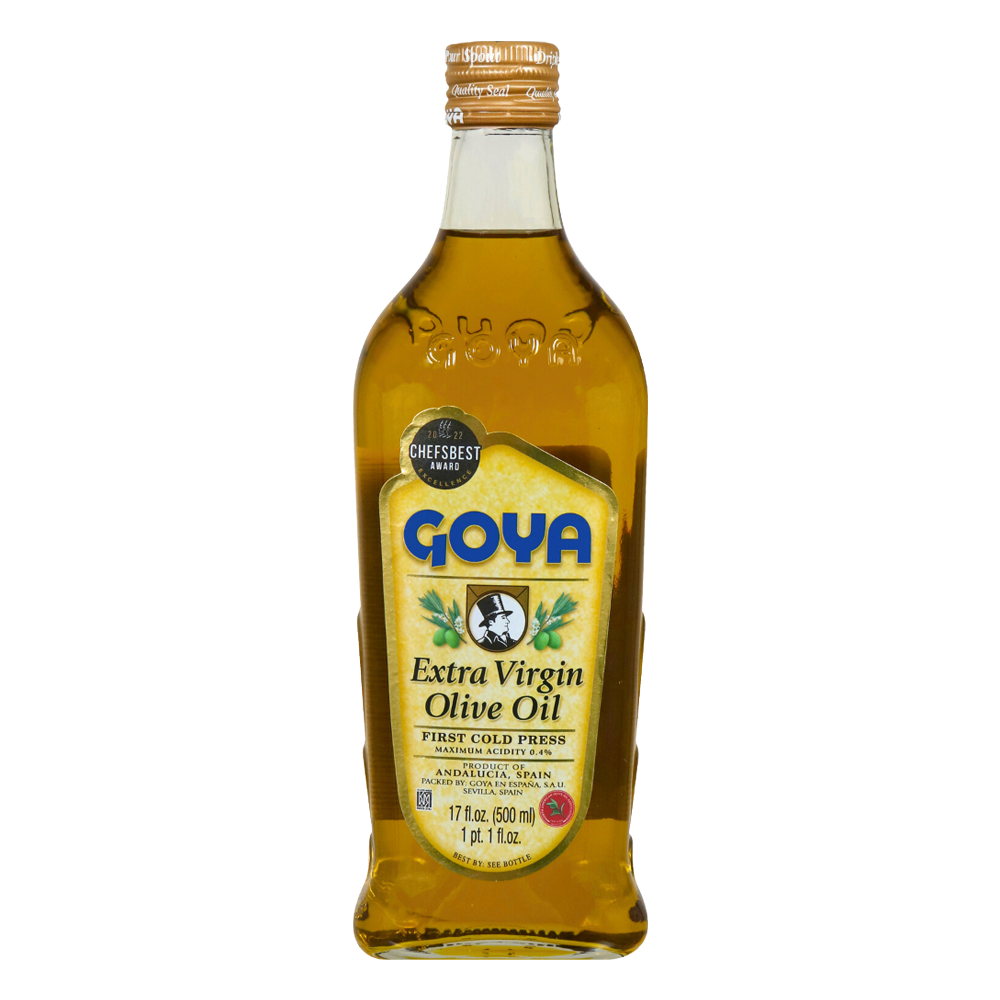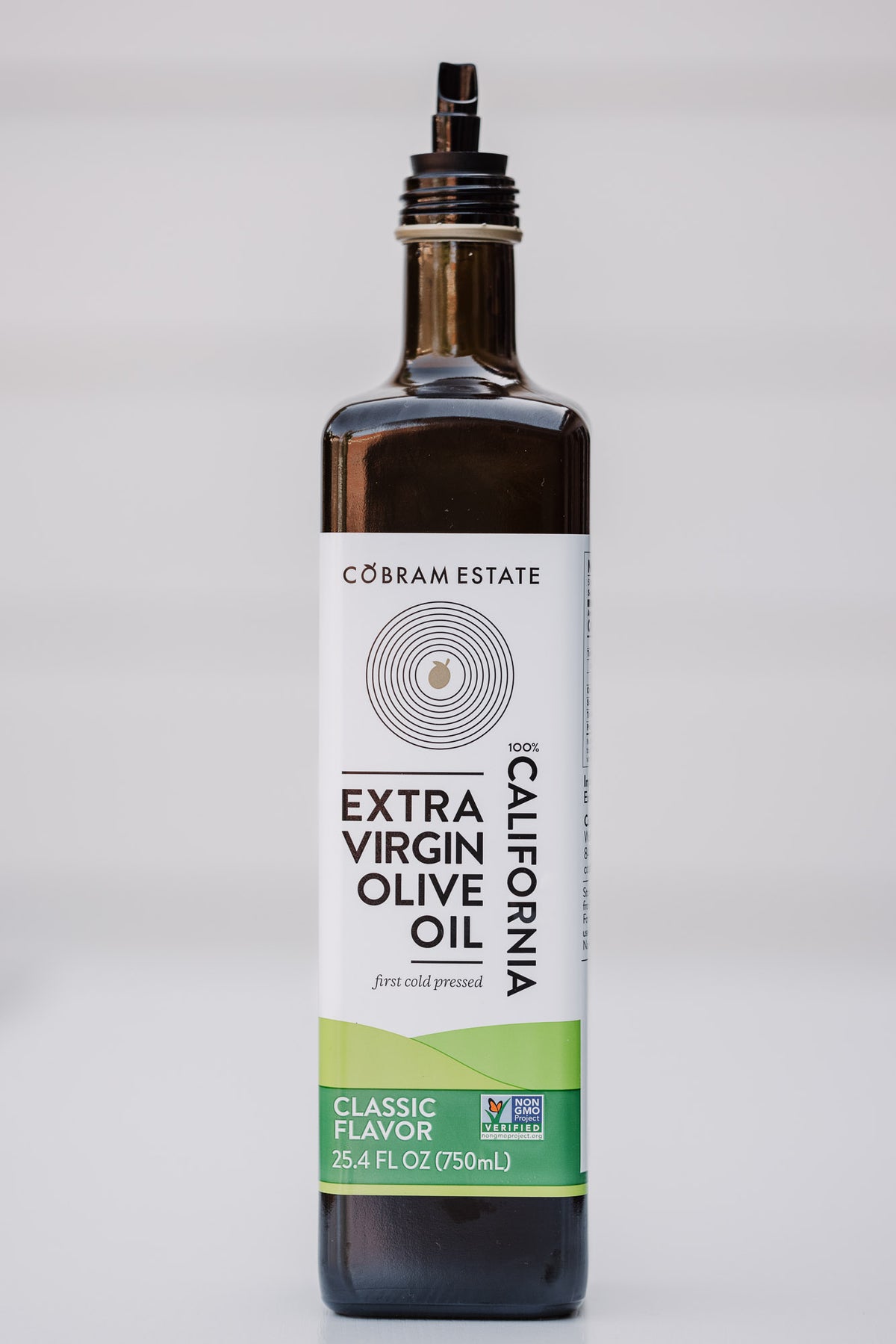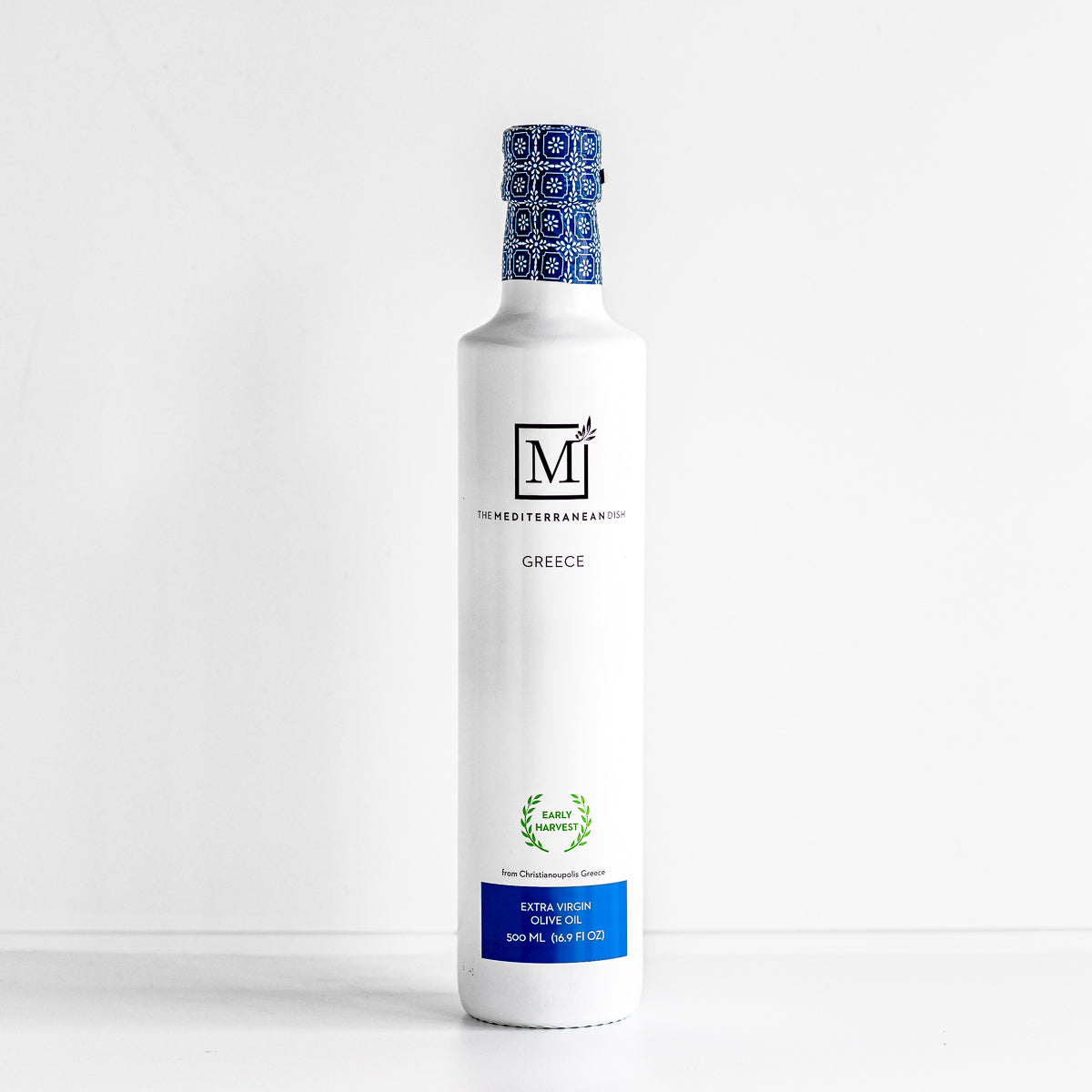Extra Virgin Olive Oil Benefits: How It Helps to Regulate Blood Sugar
Extra Virgin Olive Oil Benefits: How It Helps to Regulate Blood Sugar
Blog Article
Exploring the Various Sorts Of Olive Oil and Their Usages, Consisting Of Additional Virgin Olive Oil
The exploration of olive oil incorporates a varied series of types, each offering cooking applications and unique flavors. Bonus virgin olive oil, renowned for its exceptional quality and wellness benefits, functions as a staple in lots of kitchens, yet it is just one facet of this multifaceted active ingredient. extra virgin olive oil benefits. Other selections, such as pure and polished olive oils, likewise warrant focus for their special homes and uses. Comprehending these distinctions can dramatically affect both food preparation methods and taste profiles. What, after that, should one consider when selecting the appropriate olive oil for a particular cooking endeavor?
What Is Olive Oil?
Derived from the fruit of the olive tree, olive oil is a staple in Mediterranean food and a vital active ingredient in various cooking applications. This versatile oil is created by pushing entire olives, resulting in a fluid that varies in flavor, color, and aroma relying on the sort of olives utilized, the region of growing, and the removal procedure. Olive oil is mostly composed of monounsaturated fats, especially oleic acid, which is recognized for its possible wellness advantages, consisting of anti-inflammatory residential properties and cardio assistance.
In addition to its culinary usages, olive oil has a lengthy background of application in typical medication and skin care, owing to its rich antioxidant content (extra virgin olive oil benefits). The oil is frequently used in dressings, marinades, and for cooking methods such as sautéing and roasting. Its distinct taste account can boost the preference of numerous meals, making it a crucial active ingredient for both home chefs and specialist cooks
Moreover, olive oil is celebrated for its role in the Mediterranean diet, which is associated with countless wellness advantages. As understanding of these advantages grows, olive oil remains to obtain popularity worldwide as an essential element of a healthy and balanced way of life.
Kinds of Olive Oil
Comprehending the various kinds of olive oil is vital for both health-conscious customers and culinary fanatics. Olive oil is categorized mainly based upon its extraction approach and quality, which significantly impacts its flavor, wellness, and scent advantages.

Light olive oil, despite its name, describes a lighter taste and not lower calories. It is perfect for those seeking a much more subtle preference in sauces and dressings. Furthermore, there are flavored olive oils instilled with herbs, spices, or citrus, which can boost recipes without the requirement for additional flavoring.
Each kind of olive oil serves details culinary purposes, and recognizing these distinctions allows customers to make educated selections that line up with their food preparation designs and health objectives.
Additional Virgin Olive Oil
Bonus virgin olive oil (EVOO) is commonly considered the best olive oil available, celebrated for its abundant flavor and many health advantages. To be classified as added virgin, the oil needs to be produced from fresh olives utilizing mechanical procedures, without using solvents or too much warm. This thorough method maintains the oil's natural tastes, antioxidants, and healthy fats, causing a product with a reduced acidity level of less than 0.8%.
EVOO is bountiful in monounsaturated fats, particularly oleic acid, which is connected to reduced inflammation and boosted heart wellness. It also contains polyphenols, powerful antioxidants that may supply safety impacts versus chronic illness. The taste profile of you could check here EVOO can vary significantly depending on the olive selection and region of manufacturing, varying from grassy and fruity to durable and peppery.

Culinary Utilizes of Olive Oil

In cooking, olive oil can be used for sautéing, roasting, and grilling, giving a much healthier choice to butter or various other fats. Its high smoke point makes it appropriate for numerous cooking techniques, while its anti-oxidants add to a heart-healthy diet plan. Drizzling olive oil over finished recipes, such you could look here as pasta, fish, or smoked veggies, can elevate flavors and include a touch of sophistication.
Additionally, olive oil plays a considerable function in baking, where it can change typical fats in recipes for bread and pastries, imparting dampness and a refined taste. It also acts as a base for infused oils, allowing cooks to explore tastes such as garlic, natural herbs, or chili, additionally expanding its cooking capacity. In general, olive oil's versatility makes it indispensable in both home and specialist kitchen areas.
Choosing High Quality Olive Oil
When choosing top quality olive oil, it's necessary to take into consideration several vital aspects that influence the item's wellness, aroma, and taste advantages. Opt for additional virgin olive oil (EVOO), which is obtained from the first chilly pushing of olives and contains the greatest levels of antioxidants and valuable compounds. Search for oils that are certified by acknowledged companies, as this frequently ensures adherence to stringent top quality criteria.
The packaging likewise plays a significant function in maintaining the oil's honesty. Choose oils saved in dark glass bottles or tins to safeguard against light deterioration. Pay focus to the harvest day; fresher oils use exceptional flavor and dietary value, so choose products that are within 18 months of their harvest.
Additionally, think about the beginning of the oil. Top quality olive oils usually originate from specific regions known for their unique flavor profiles, such as Italian, Spanish, or Greek oils. Finally, know the taste; a great quality olive oil ought to have an equilibrium of fruity, bitter, and peppery notes, showing its splendor and complexity. By examining these aspects, you can guarantee you are selecting the very best olive oil for your culinary needs.
Conclusion
In summary, the exploration of different kinds of olive oil exposes distinctive attributes and applications, with extra virgin olive oil representing the pinnacle of quality due to its low level of acidity and high antioxidant material. Recognizing the different ranges of olive oil allows for notified selections in cooking methods, advertising much healthier practices while improving the overall gastronomic experience.
Obtained from the fruit of the olive tree, olive oil is a staple in Mediterranean food and a key active ingredient in numerous culinary applications.The most common types of olive oil consist of fine-tuned olive oil, pure olive oil, and light olive oil.Extra virgin olive oil (EVOO) is widely pertained to as the highest possible quality olive oil readily available, well known for its abundant taste and numerous health and wellness advantages. Opt for extra virgin olive oil (EVOO), which is obtained from the initial cold pressing of olives and consists of the highest possible levels of antioxidants and helpful substances.In recap, the exploration of various types of olive oil discloses distinctive characteristics and applications, with additional virgin olive oil representing the peak of high quality due to its reduced level of acidity and high view publisher site antioxidant web content.
Report this page